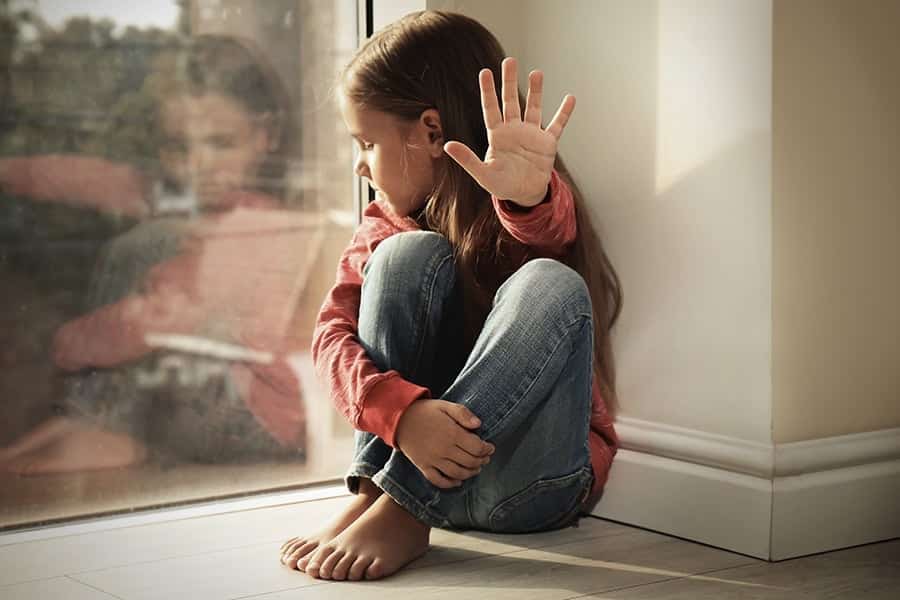The Domestic Abuse Bill

October was Domestic Violence Awareness Month. According to the Home Office there are some 2.4 million victims of domestic abuse a year aged 16-74 (1.6 million women and 786,000 men). The Police recorded 746,219 domestic abuse related crimes in the year ending March 2019 an increase of 24% from the previous year. (Office for National Statistics Nov 2019).
Research by NSPCC shows one in five children are exposed to domestic abuse, and according to the Department for Education, domestic abuse is the most common factor identified at the end of social care assessments for children in need (Action for Children). Behind each one of these statistics is a victim who needs our help and support. The effects of domestic abuse are long lasting and affect everyone in the family.
In December 2019 the Government was elected with a manifesto commitment to “support all victims of domestic abuse and pass the Domestic Abuse Bill.” The Bill aims to ensure that victims have the confidence to come forward and report their experiences, safe in the knowledge that the state will do everything it can, both to support them and their children and pursue the abuser. The government’s response to a consultation set out 124 commitments to help tackle domestic abuse.
The Bill will create for the first time a cross-government statutory definition of domestic abuse, emphasising that it is not just physical violence, but can be emotional, coercive or controlling, and economic abuse. This is to ensure that domestic abuse is properly understood, considered unacceptable and actively challenged across statutory agencies and in public attitudes. It will also strengthen and clarify duties and powers relating to supporting victims of domestic abuse. One of the key functions will be to encourage good practice in the identification of children affected by domestic abuse and the provisions of protection and support for these children. Other measures in the Bill will also help better protect both the victims of domestic abuse and their families, including the provisions in respect of Domestic Abuse Protection Notice (DAPN) which will provide immediate protection following a domestic abuse incident and a new civil Domestic Abuse Protection Orders (DAPO) to provide flexible, longer-term protection for victims. It will also make statutory the Domestic Violence Disclose Scheme (Clare’s Law). The Bill will repeal existing Domestic violence Protection Orders in order to save confusion with existing Orders.
The Bill will establish in law the office of the Domestic Abuse Commissioner, to provide public leadership on domestic abuse issues and play a key role in overseeing and monitoring the provision of domestic abuse services in England and Wales. This will be an independent Commissioner. The new Commissioner is Nicole Jacobs was appointed on 18th September 2019 and her appointment ensures that crucial work can start without needing to wait for the Bill to be passed. It has gone through the House of Commons and still needs to go through the House of Lords before the Bill is passed and can become Legislation.
As well as statutory commitments it will also include non-statutory commitments which do not require legislation. Some of these include investing in domestic abuse training for responding agencies and professionals as well as developing national guidance for Police on serial and repeat perpetrators as well as improving awareness and understanding of coercive control offence. (Excerpts taken from Home Office Website).
There are thousands of men, women and children who are living in fear in their own homes every single day. This fear has only been compounded by Covid-19 where supportive and protective factors have been fluctuating and continue to alter depending on where you live in the country. A lot of work has been done to tackle domestic abuse, and it is hoped that when the Domestic abuse Bill is passed, it will strengthen and add to the fight against domestic abuse where there is a life free from abuse and fear for the people who are living with it day in and day out.